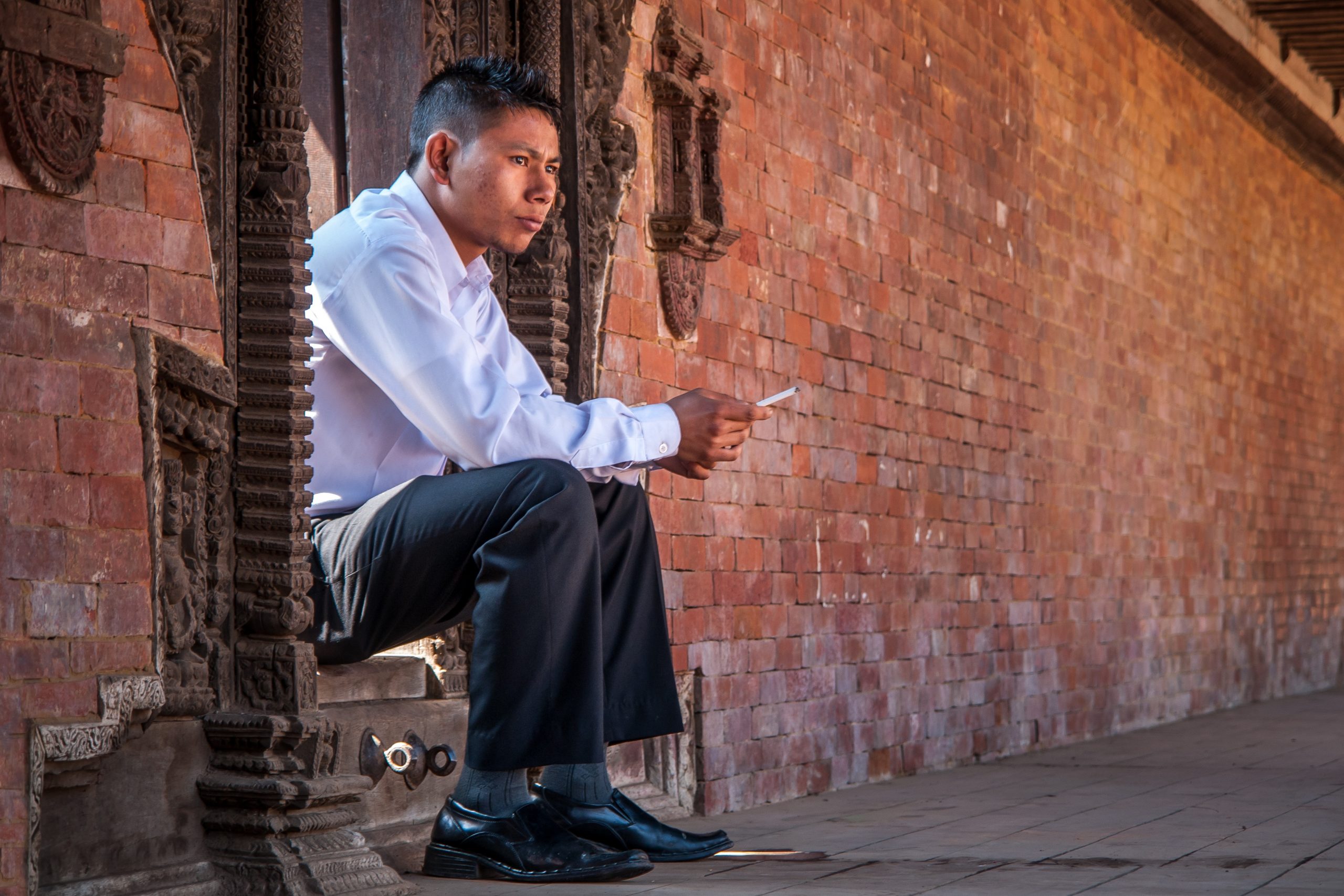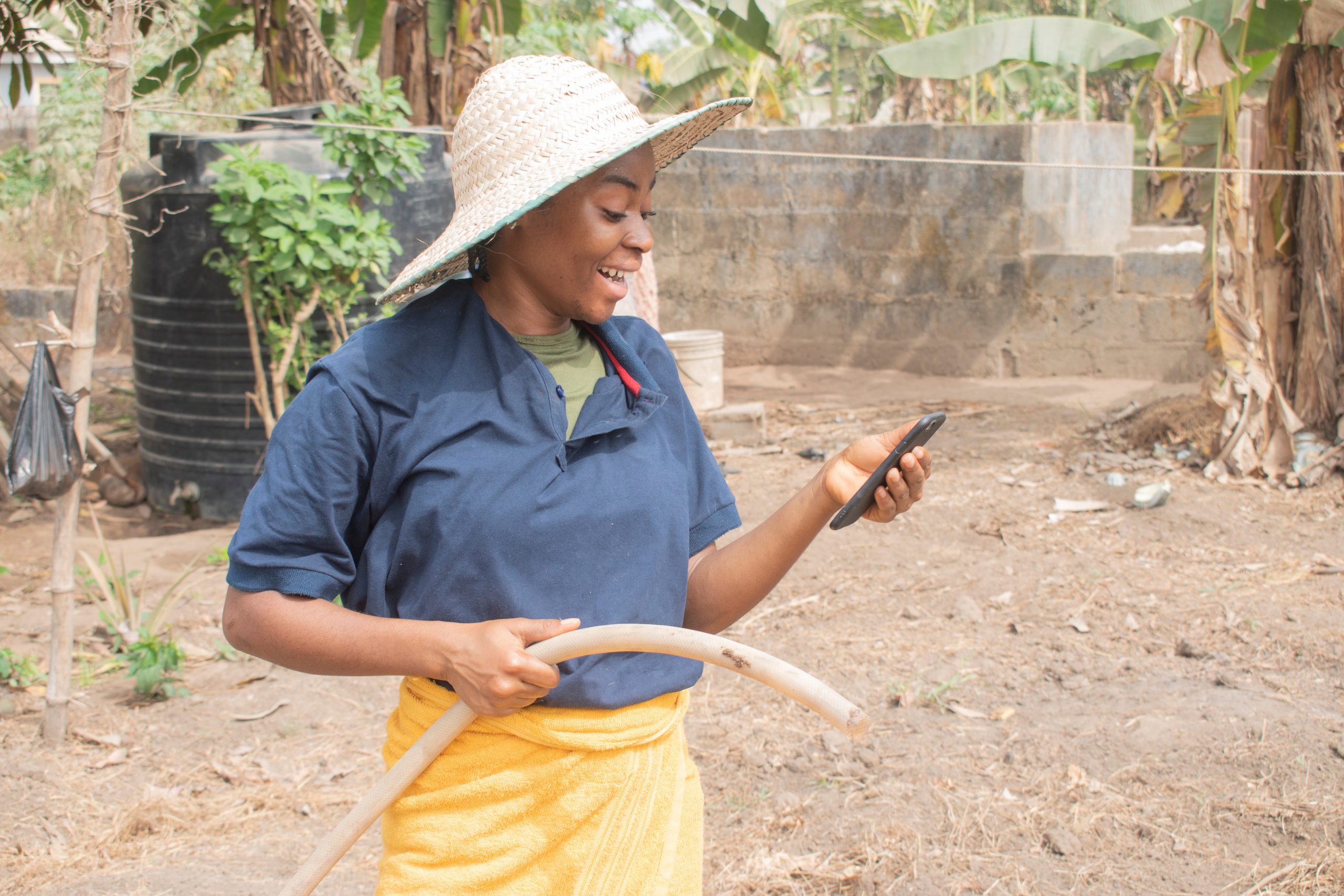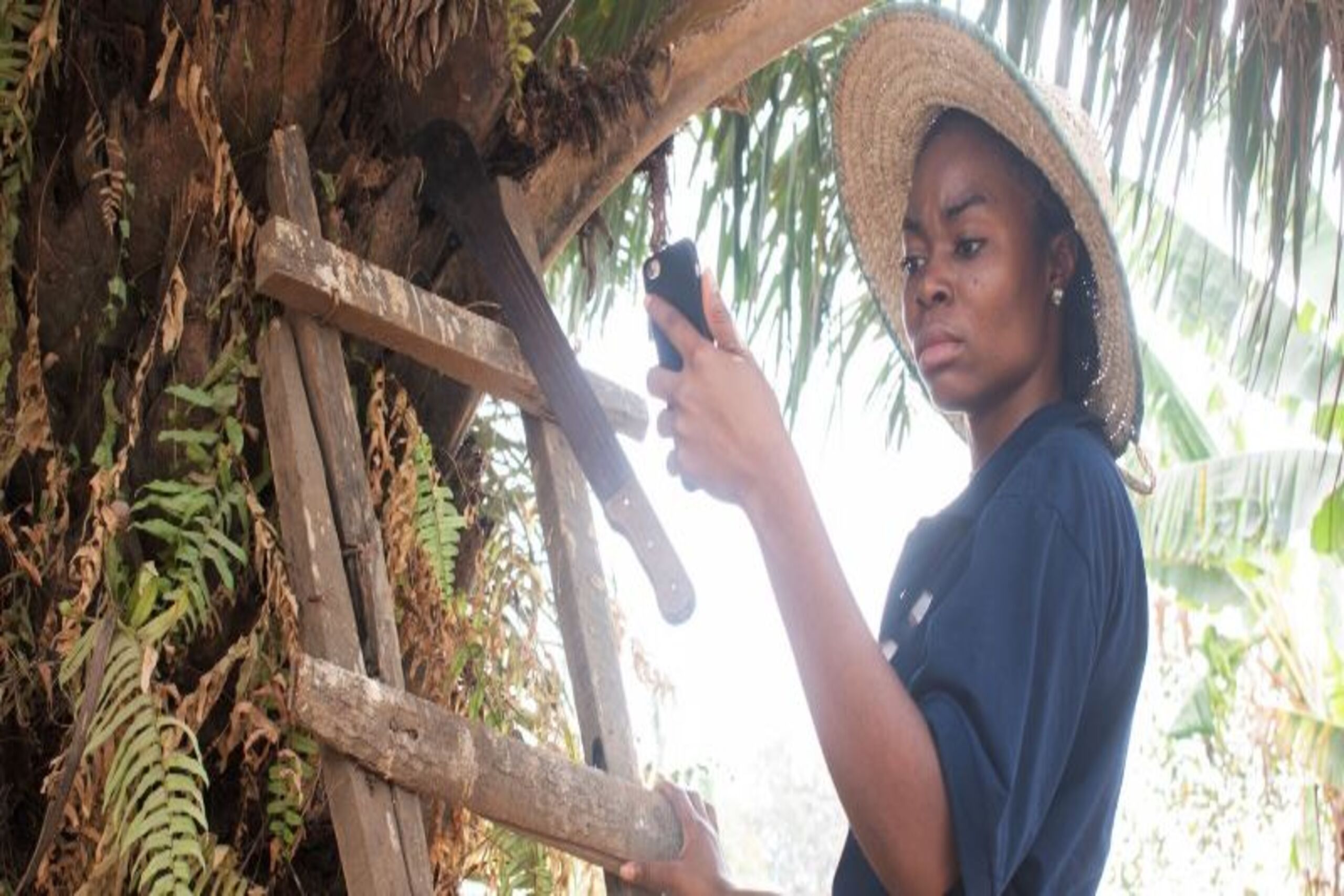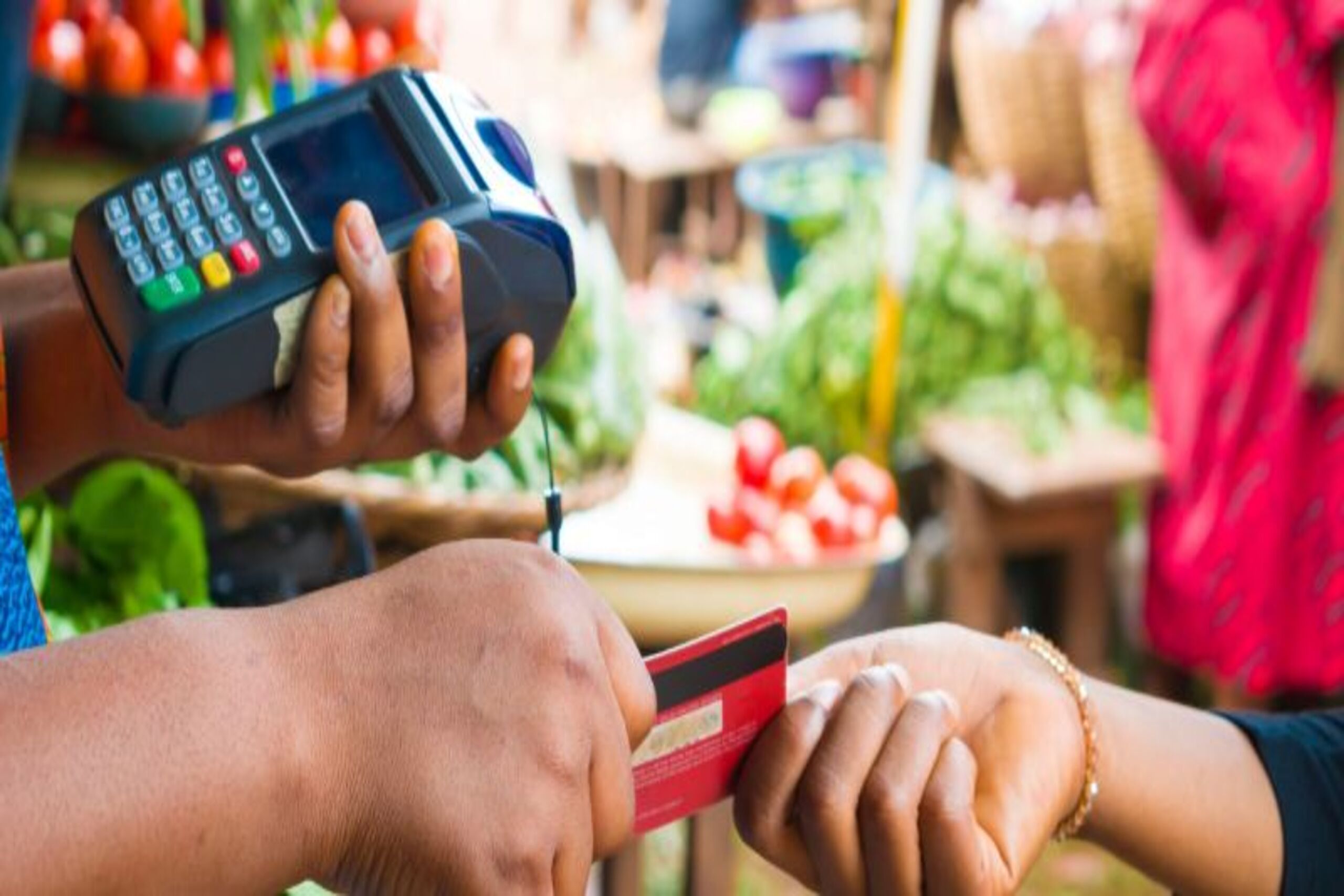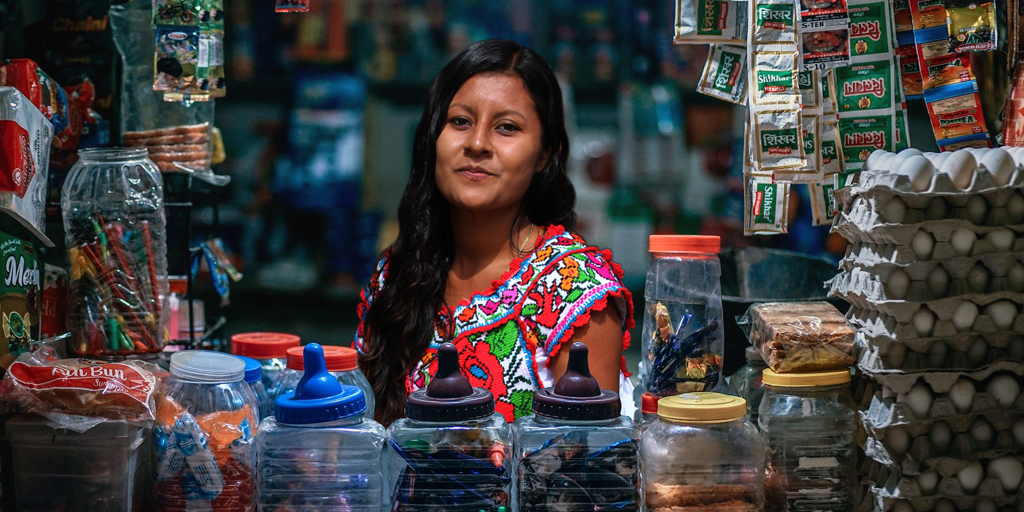MSC supported YouthSave through its Market Insights for Innovation and Design (MI4ID) approach, which incorporates principles of behavioral economics and human-centered design. This included research, data analysis, product strategy development, and the development of the product prototype. Based on the product prototype, the Bank of Kathmandu (BoK) launched the “BoK Chetanshil Yuwa Bachat Yojana” (BoK savings plan for conscientious youth) across the bank’s 43 branches in April, 2012. By the start of 2013, it had already created 5,207 youth accounts successfully.
Market research to understand the financial needs of youth in Indonesia
MSC conducted a research study to understand the demand for financial products among youth in central Java. The aim was to capture youth perception of existing products, compare their financial needs with current products of Plan International, and suggest suitable financial products for youth. Our research formed the basis for a youth savings product for young women, which was pilot tested with one of the largest cooperatives in Indonesia. The insights from the pilot were used to design and customize its larger economic empowerment initiative for youth in Indonesia.
Developing youth-focused savings products for Equity Bank in Kenya
Equity Bank intended to increase youth interest and access to savings products in Kenya. MSC worked with Equity Bank to conduct a market research study to understand the financial needs of clients and developed a set of financial products for the potential youth clientele. Since the launch of these products, the bank expanded its youth customer base from 13% (end of 2012) to 47% (end of 2019). Over five years, 83% of youth continued with the bank, 27% used additional products, and the loan sizes borrowed by youth quadrupled from USD 250 to USD 860.
Assessment of the effects of behavioral changes of financial and non-financial services on youth
UNCDF engaged MSC to understand the effects of financial and non-financial services that financial service providers offer to youth under the Youth Start program. MSC helped develop, pilot test, and roll out youth-focused financial products. Ten FSPs participated in a training and follow-up support program delivered by MSC, which helped them develop targeted products for youth—particularly young women and girls. Of the total program beneficiaries, 86% declared having improved financial capabilities and 90% claimed an improved ability to save.
Design and implementation of sector specific interventions by mobilising private and public stakeholders
Working for Mastercard Foundation, MSC conducted a research exercise in Ghana, Kenya, Senegal, and Uganda with youth and digital financial service providers to understand the perception of youth and the state of jobs in DFS. We supported Lynk to develop microinsurance product concepts and The Expresso Innovation Hub to improve its incubation approach with youth entrepreneurs in Senegal. Thereafter, Lynk started insuring about 1,000 workers each day, and our work with Expresso has been customized to deliver value to its 3.2 million subscribers.
Corner shop diaries
Tracking daily financial transactions of corner shop owners can provide critical insights into how they manage their finances, both at the level of their household and their business. Interactions with corner shop owners can also generate important insights on:
- The use of digital finance by micro-businesses and LMI segments;
- How the demand for various items of daily use has changed during the pandemic;
- How micro-businesses managed their businesses during this time;
- What challenges they faced and currently struggle with;
- What worries they have regarding their future or change in their overall wellbeing, etc.
MSC, with technical support from L-IFT, has been implementing a year-long research study in which we track the daily financial life of 50 corner shops in India and Indonesia. This project is part of the larger collaborative initiative between MSC and L-IFT in Asia and Africa on a research study on corner shops.
We use three distinct research methodologies in this study:
- Financial Diaries method to track the daily financial transactions of businesses and households;
- High-frequency micro-surveys;
- In-depth qualitative interviews of corner shop owners.
India
In India, we have been tracking 25 corner shops: five each in the states of Uttar Pradesh, Haryana, Rajasthan, Madhya Pradesh, and West Bengal. Of these 25 corner shops, nine are run by women. Our sample comprises 10 grocery or provisions stores, two hair salons and cosmetics shops, three CICO agents, four tailors and cloth ironing shops, three mobile shops and cyber cafés, one eatery, one online store that sells religious items, and one medical store. The data collection in India started in late October, 2020.
Indonesia
MSC has been managing the data collection in Indonesia. We have been tracking 25 corner shops in Wonosobo and Temanggung in Central Java. Of these, 19 are run by women. Our sample comprises 20 grocery and provisions stores, one salon, three CICO agents, and one mechanic. The data collection in Indonesia started in late October 2020.
